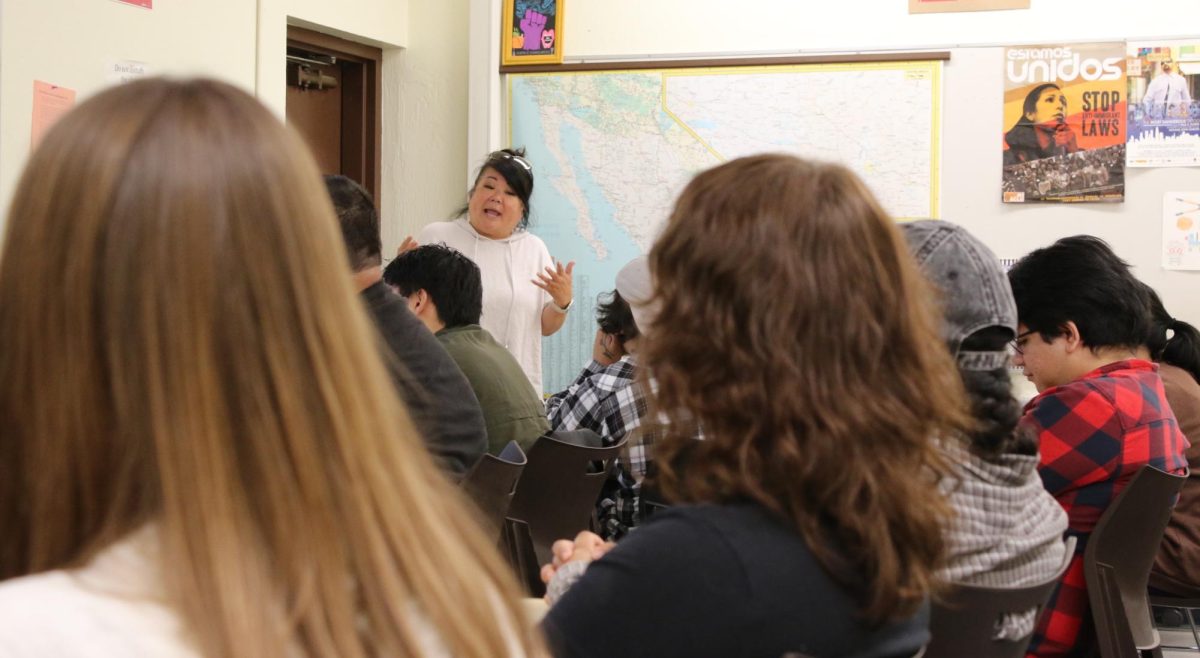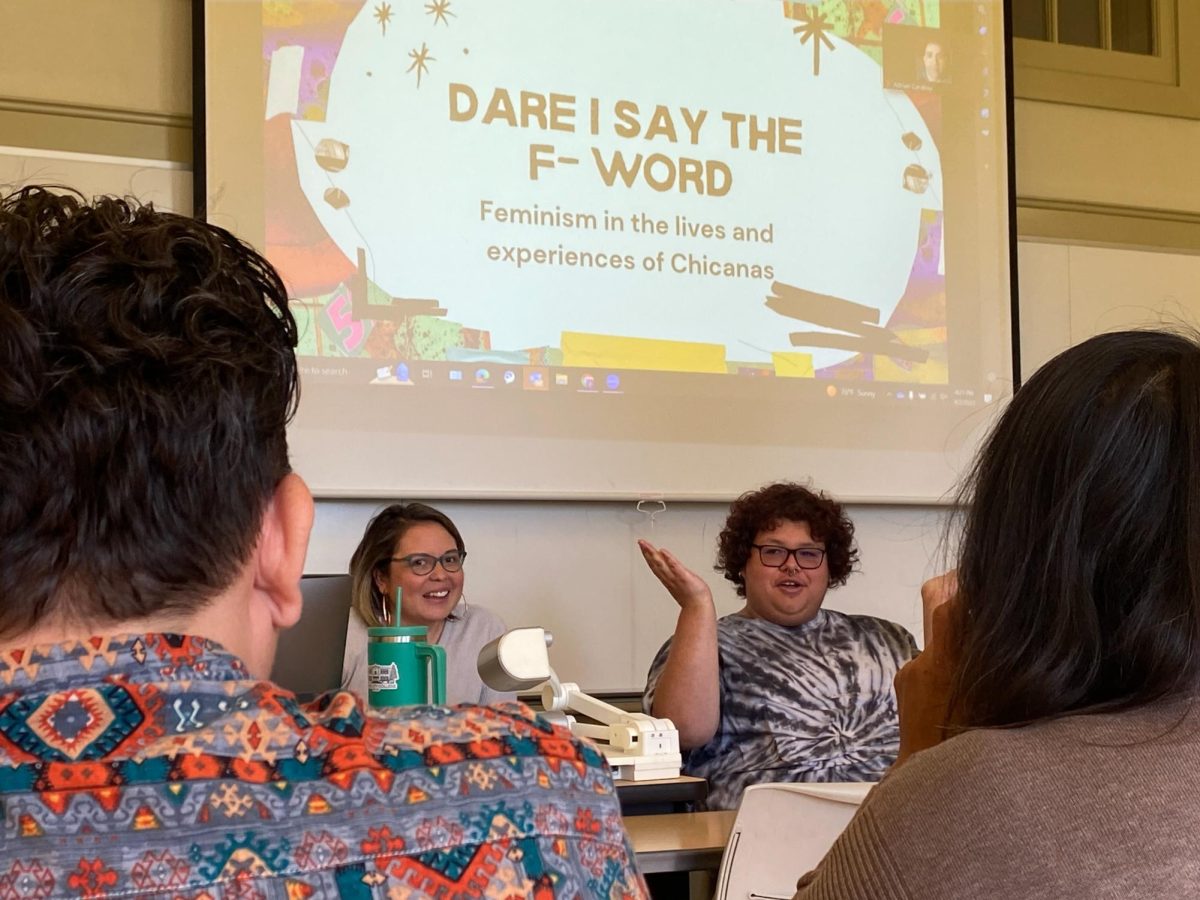It has always been said that young people are the future of the nation. Particularly when it comes to voting, young people have made a huge difference in recent years. Since 2004 the number of young voters in the United States has increased at each election.
According to an article from the Rock the Vote website, there were 20 million 18-29 year olds who voted in the 2004 elections. That was a 4.3 million increase compared to the 2000 elections. The voting increase among the youth voters more than doubled that of other age groups.
In 2006, 18-29 year olds’ turnout grew by nearly 2 million over 2002 levels.
Turnout among the youngest voters grew by three percentage points over 2002 levels, twice the turnout increase of older voters.
Young voters are widely considered to be the most diverse generation of voters, there are 44 million eligible young voters in the United States and they represent more than one-fifth of the electorate.
The 2008 election was nicknamed “the year of the youth vote.”
Two out of every three voters under 30 supported President Barack Obama, providing the historic candidate with the votes necessary to clinch a victory according to www.dukechronicle.com.
Young people are specially concerned about the issues that impact their education.
Gladys Gallegos, a Fresno City College criminology student is voting for Proposition 30, which raises taxes to increase funding for education.
“The fact that Prop 30 is going to be affecting our schools, that has influenced me to vote,” said Gallegos.
The technology now offered to people allows the young voters to be more socially aware in a worldview.
Outlets like Facebook or Twitter allow the candidates to reach a wider range of audience they were not able to connect with just a few years ago.
Politicians are now reaching to young people by going to schools, visiting communities, calling on the phone, inviting students to events, knocking on doors and reaching out to them online.
FCC history instructor Paul Gilmore says politicians need to organize themselves and involve the youth more.
Gilmore says that if a candidate really wants to influence the youth vote, they should get people who are all in one place and who can organize themselves.
“If you can get college students, you can basically take an entire group of millions and speak to them all at once,” said Gilmore.
In the 2012 election, one of the key questions is whether or not President Barack Obama can still persuade young voters as he did in 2008.
According to NextGen Journal, less than half of young people say they will definitely vote this November.
Criminology student Gabriel Vivas said he feels that he does not know enough to vote.
“I don’t feel that I know enough about politics yet to be able to put something like that into my hands right now. I feel I have to be more prepared,” said Vivas.
“If (students) know what’s going on and exactly what they’re talking about and feel like they can help in the future, then their votes would matter and it would make a big difference.”
Although he does not feel informed at the moment, Vivas still hopes to vote on Nov. 6.
“I’m looking forward to voting. It’s not like i’m just registered to vote. I did it for a reason. I just want to get more informed about it and make sure i know what I’m voting for,” said Vivas.
Accounting major Travis Jury has been voting since 2005 and also plans to vote this year.
“I feel like I wouldn’t contribute to society. If you feel like you shouldn’t vote it should be wrong because your vote does matter,” said Jury.
Jury said he has been influenced to vote by his parents because they have voted for as long as he remembers.
They told Jury voting is important because his opinion matters.
According to an article in The New Republic, “there can be three factors that can consistently make a difference in voting rates: money, marriage, and homeownership.”
Those traits are usually adult commitments and not one of a young adults so they may not feel the obligation or responsibility to go out and vote because they might feel like they do not have an important enough stake in society.
Gilmore hopes to see more young voters during the upcoming election.
“There’s not that many youth who vote compared to elderly folks,” said Gilmore.
“They might not yet consider the stakes, they might not be quite as connected with the world of work as other folks are.”






